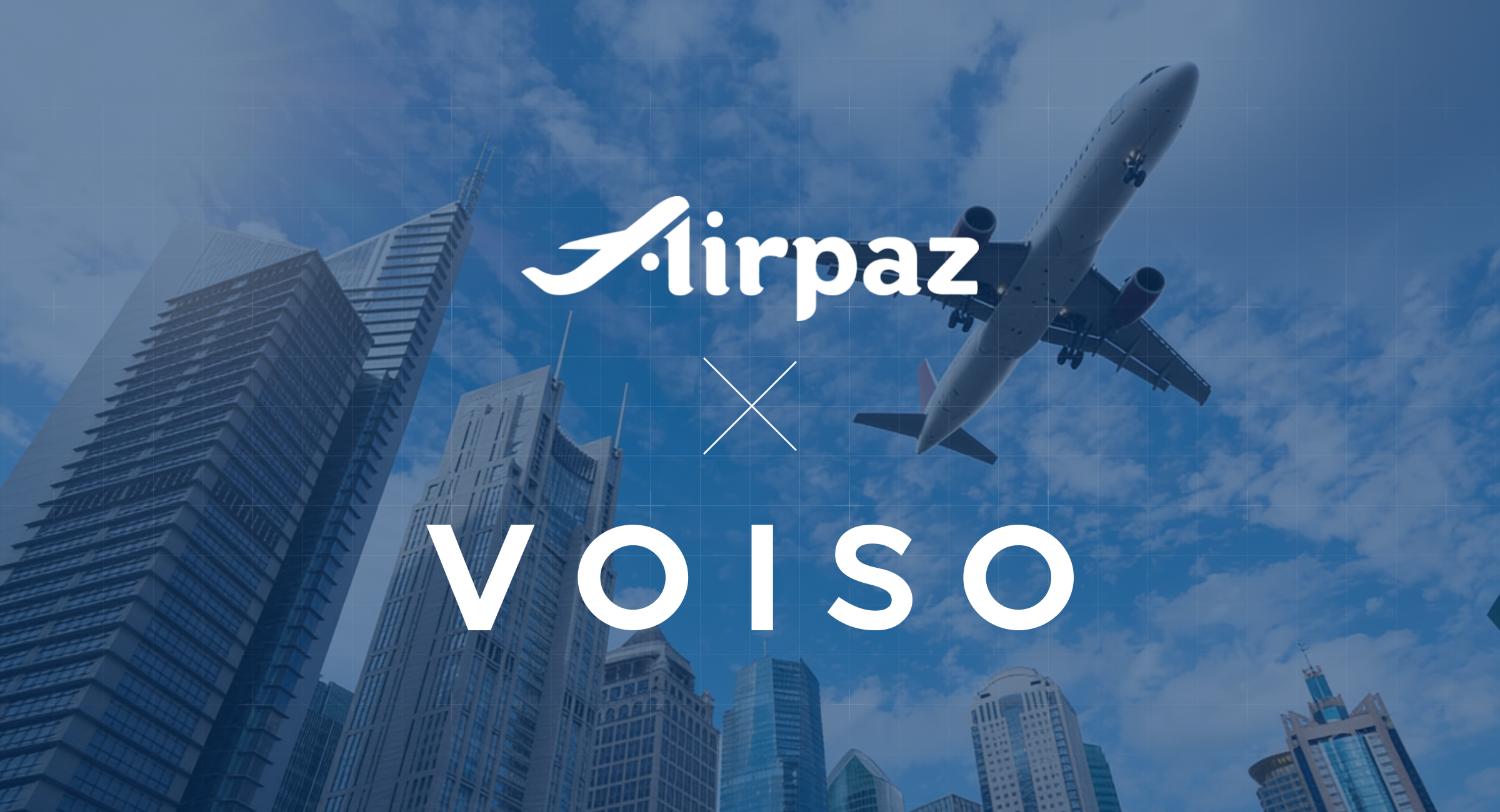Managing time zones in global call centers isn’t just a matter of scheduling; it’s a critical operational challenge that can directly impact both customer satisfaction and agent performance.
According to the U.S. Call Center Industry Report, call centers experience high annual turnover rates of up to 33%, with absenteeism averaging 6% per day. One key factor driving these issues is the misalignment of agent schedules with global customer time zones, leading to employee burnout, missed customer engagements, and lower service quality.
At the same time, as the global economy expands, call centers need to deliver seamless 24/7 support to remain competitive. Whether it’s handling customer queries in multiple regions or managing outbound campaigns across diverse time zones, effective management can make or break a call center’s success.
This article explores some of the problems caused by poor time zone management in call centers, the benefits of solving these challenges, and why many contact centers still struggle to overcome this issue.
Takeaways
- Time zone management is a critical challenge for global call centers, directly impacting agent performance, customer satisfaction, and operational efficiency.
- Poor management leads to agent burnout, missed customer engagements, inefficient scheduling, and higher operational costs.
- Optimizing schedules based on customer time zones improves agent productivity, reduces absenteeism, and increases engagement metrics like Average Handle Time (AHT) and call connection rates.
- Properly timed customer interactions enhance satisfaction through faster issue resolution and improved engagement, while ensuring compliance with regional regulations like TCPA and GDPR.
- Common struggles include outdated technology, insufficient data analysis, disconnected communication channels, and inability to adapt to regional regulations.
- Solutions such as automated scheduling, predictive dialers, unified multichannel integration, and compliance enforcement, like those offered by Voiso, enable global call centers to operate efficiently, reduce risk, and deliver a consistent customer experience across regions.
- Leveraging technology to manage time zones transforms operational challenges into growth opportunities, ensuring both agent well-being and high-quality customer service.
The Challenges of Time Zone Management in Call Centers
Time zone management in call centers involves much more than ensuring agents are available to answer calls at different hours of the day. When done the wrong way, it can lead to serious operational inefficiencies, customer dissatisfaction, and employee burnout. These challenges are compounded in global call centers where agents serve customers across multiple regions.

1. Agent Scheduling
Handling multiple time zones in call centers introduces significant challenges, especially in ensuring seamless customer service across regions. One core issue is maintaining efficient agent scheduling. When agents are consistently asked to work inconvenient hours, such as night shifts, they often experience higher levels of burnout and disengagement. A study on call center agents revealed that irregular shifts, particularly those during late hours, directly impact their performance, with agents reporting difficulties maintaining high levels of productivity.
2. Customer Interaction Coordination
Another challenge lies in coordinating customer interactions across various regions. Time zone mismanagement can result in delayed responses, missed calls, and ultimately lower customer satisfaction. For instance, outbound campaigns that fail to adjust for time differences may attempt to contact customers during off-hours, leading to wasted effort and lost opportunities. This is especially concerning in industries where real-time support is essential for resolving customer issues.
3. Technological Constraints
Many traditional call center systems lack the ability to dynamically adjust to time zone differences, forcing managers to rely on manual scheduling, which can be inefficient in many cases. Furthermore, contact centers that operate on a global scale face additional complications due to regional regulations governing the appropriate times for calling customers. Not adhering to these time-based restrictions can result in compliance issues, including fines.
4. Cost Implications
In addition to operational inefficiencies, cost implications also come into play. Misaligned time zone management increases agent idle time, reduces call connection rates, and drives up overall operational costs. Without the right tools, contact centers are forced to allocate additional resources to manage these inefficiencies, which can strain budgets and reduce profitability.
Why Mastering Time Zones is Key to Thriving in Global Call Centers
By addressing issues related to time zone management, businesses can unlock smoother operations, improved customer satisfaction, and more engaged agents. Let’s explore the key advantages:
Boosting Agent Performance
When agents work shifts that align with both customer demand and their own preferences, they experience less fatigue and greater productivity. A recent study on call center agents showed that those working irregular shifts reported drops in average handle time (AHT) and attendance rates.
Voiso’s Flow Builder can automate schedules to match agents with the right time zones, boosting engagement and performance.
Key Agent Metrics:
| Performance Metric | Impact of Poor Time Zone Management |
| Average Handle Time | Increased due to fatigue and poor fit |
| Attendance Rates | Higher absenteeism in night shifts |
| Agent Turnover | 33% annually in poorly managed centers |
Improving Customer Satisfaction
Contacting customers during their local hours ensures that calls are made at times when they are more likely to be available. This leads to:
- Faster issue resolution: Calls are made when customers are more likely to respond.
- Improved engagement: Customers appreciate being contacted at convenient hours, which enhances the likelihood of positive interactions.
Voiso’s Omnichannel platform ensures these interactions happen seamlessly across channels, increasing customer satisfaction.

Maximizing Operational Efficiency
Poor time zone management results in agent downtime and inefficient resource use. By leveraging tools like AI-Powered Dialer, contact centers can ensure calls are automatically optimized based on the customer’s time zone, reducing agent idle time and increasing successful call rates.

North America: Studies reveal peak effectiveness for sales calls in North America around mid-morning (10:00-11:30 AM) and mid-afternoon (1:30-3:30 PM), with higher engagement on Wednesdays and Thursdays. Europe: In major European countries, such as the UK, Germany, and France, optimal times for business calls are slightly later in the morning (11:00 AM) and early afternoon (2:00-4:00 PM), aligning with common lunch breaks. Tuesdays to Thursdays are the most favorable days. Asia-Pacific: The Asia-Pacific region, particularly countries like Japan, China, and Australia, displays optimal engagement during late mornings and early afternoons (10:30 AM-12:00 PM and 2:00-4:00 PM). Cultural preferences in these regions often favor mid-week calls. Latin America: Best results for sales calls in Latin America are observed during mid-mornings (9:30-11:30 AM) and mid-afternoons (2:30-4:00 PM). Tuesdays and Wednesdays show the highest receptivity. Middle East and Africa: Effective call times in these regions generally fall between 10:00 AM-12:00 PM and 3:00-5:00 PM.
Ensuring Compliance and Reducing Risk
Time zone management isn’t just about convenience—it’s critical for complying with regional laws. Many areas enforce strict regulations regarding when businesses can contact customers. For example:
- TCPA in the U.S. restricts marketing calls to specific hours.
- GDPR in the European Union requires transparency in customer outreach practices.
Ignoring these rules can result in fines, lawsuits, and reputational harm. To mitigate this:
- Use systems that automate time zone compliance, restricting calls outside permissible hours.
- Regularly update practices to align with changing local regulations.
Ultimately, respecting time zones not only protects against legal risks but also builds customer trust by ensuring respectful engagement.
Why Call Centers Struggle with Time Zone Management
Despite the clear advantages of effective time zone management, many contact centers continue to face significant challenges in implementing it. Below are the main reasons why some call centers fail to solve these issues:
Outdated Technology and Legacy Systems
Many contact centers still rely on outdated systems that are incapable of efficiently handling global time zones. These legacy systems require manual scheduling and offer little to no automation, leading to inconsistent service quality and missed customer engagements.
Without the ability to automate call schedules or adjust dialing based on time zone, managers are forced to manually assign shifts, which is both time-consuming and error-prone. This lack of automation leads to:
- Higher agent idle time, as they are scheduled outside of peak hours in certain regions.
- Missed opportunities, as customer calls are often made at inconvenient times, resulting in poor connection rates.
Advanced systems with time zone awareness are necessary to manage this complexity and streamline global operations.
Insufficient Data Analysis
Effective time zone management requires centers to understand customer behavior patterns across regions. Many call centers fail because they don’t have the tools or resources to analyze data effectively. This results in poor timing of customer outreach, where businesses contact customers during non-peak hours, reducing the chances of engagement.
Centers that don’t use customer data to map out peak engagement times are more likely to experience:
- Lower response rates, as customers are contacted at inappropriate hours.
- Decreased customer satisfaction, as calls or messages arrive at inconvenient times.
Leveraging contact center data analytics tools to understand regional engagement trends is crucial for optimizing customer interactions across time zones.
Disconnected Communication Channels
Another major issue is the lack of integration across communication platforms. Many call centers operate their voice, messaging, and email channels separately, preventing them from offering cohesive 24/7 support that adapts to different time zones.
This siloed approach leads to inefficiencies such as:
- Fragmented customer service, where agents handle voice calls effectively but miss opportunities to engage customers through other channels at more suitable times.
- Inconsistent customer experience, as interactions vary significantly depending on which platform is used and at what time.
By integrating communication channels, call centers can ensure that customers receive seamless support, regardless of the time zone or preferred channel of communication.
Lack of Adaptation to Regional Regulations
In global operations, regulations governing call times vary widely, and some regions have strict laws limiting when businesses can contact customers. Failing to adapt outreach strategies to comply with these laws can result in significant fines and legal issues.
Many call centers struggle with:
- Compliance enforcement, as they lack the tools to automatically adjust call times based on the region’s legal restrictions.
- Reputational risk, as customers are frustrated by non-compliant calls made outside permissible hours.
To avoid these issues, it’s crucial for contact centers to implement systems that automatically enforce regional restrictions and ensure outreach is compliant with local regulations.
Turning Challenges into Opportunities with Voiso
Voiso doesn’t just offer solutions—it rethinks the very framework of global call center operations, turning traditional time zone management problems into opportunities for growth and efficiency. Through its comprehensive platform, Voiso quietly works behind the scenes to eliminate the barriers that often prevent contact centers from thriving in a global market.
Voiso redefines how global call centers overcome time zone management challenges by offering a seamless, tech-driven solution that adapts to the unique needs of modern operations.
-
Automated Scheduling and Global Outreach
Voiso simplifies the complexity of global operations by automating call scheduling based on time zone considerations. Its platform ensures that calls are placed during optimal hours for each region, removing the guesswork from time zone management and allowing managers to focus on strategic decisions.
-
Real-Time Dialing Optimization
Voiso’s predictive dialer automatically adjusts dialing strategies based on real-time data, allowing contact centers to focus on areas with the highest engagement potential. This dynamic adjustment ensures that call centers are always operating at peak efficiency, regardless of where customers are located.
-
Unified Multichannel Integration
Voiso ensures smooth communication across multiple platforms, including voice, chat, SMS, and email. By integrating these channels into a single interface, the platform allows agents to maintain seamless conversations with customers, regardless of the time zone or communication method, ensuring a truly global reach.
-
Built-In Compliance Enforcement
Voiso’s system is designed with compliance in mind. It automatically restricts calls to legally allowed timeframes for each region, minimizing the risk of fines and regulatory issues. This means businesses can operate confidently, knowing that they are always adhering to the latest regional laws governing customer outreach.






